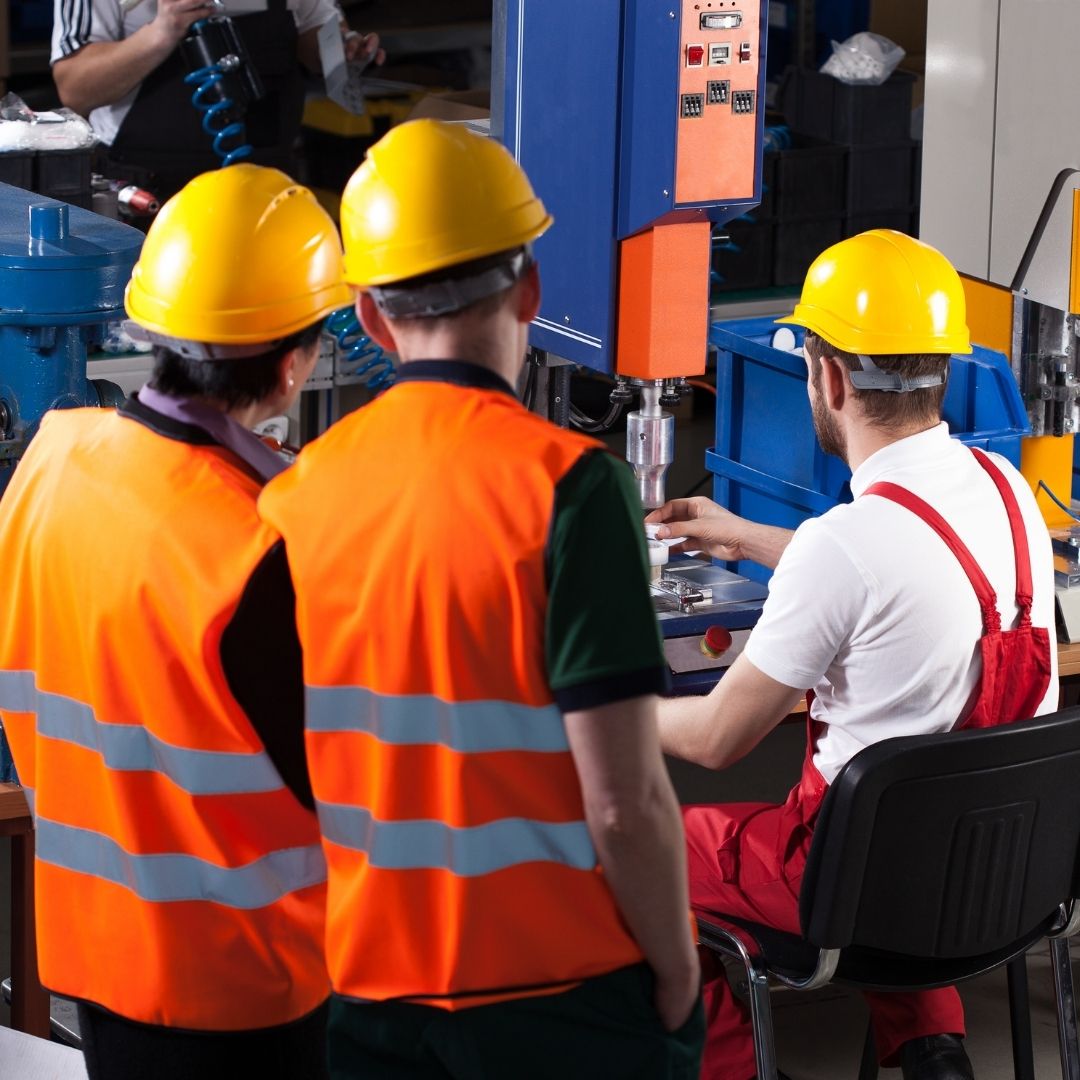We Help CENTRAL EUROPE
To Welcome Refugees
The war in Ukraine forced record numbers of people to flee their homes and to seek refuge in the countries of central Europe.
Across our programme area, local and regional authorities are supporting new arrivals. They often face similar challenges in doing so. On this page, we present tools, resources and tips from our projects that can help to fast-track the integration of people affected by this crisis.
Our projects have designed solutions that help regions and cities to create a welcoming environment for migrants and refugees. Specific tools, schemes, and processes have been created to help individuals adapt to their new environment and to thrive in their new communities.
Replicable outputs of our projects include amongst other social inclusion schemes for refugees, professional training for entrepreneurs with a migrant background, and skills development measures for refugee women to facilitate their integration into labour markets.
Many more solutions exist and we are updating this page continuously to include additional information from our projects.
BACKGROUND INFORMATION
The term migrant was developed by the International Organization for Migration for its own purposes and is not defined under international law.
It is widely used and reflects the common lay understanding of a person who moves away from his or her place of usual residence, whether within a country or across an international border, temporarily or permanently, and for a variety of reasons.
The term refugee is defined and protected by international law. Refugees are people who have fled war, violence, conflict or persecution and have crossed an international border to find safety in another country.
More information can be found on the website of the the UN Refugee Agency.

.jpg)

.jpg)
